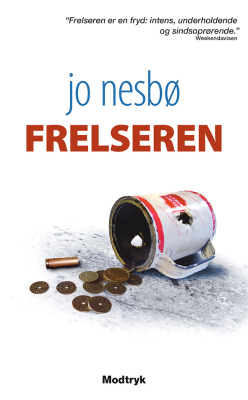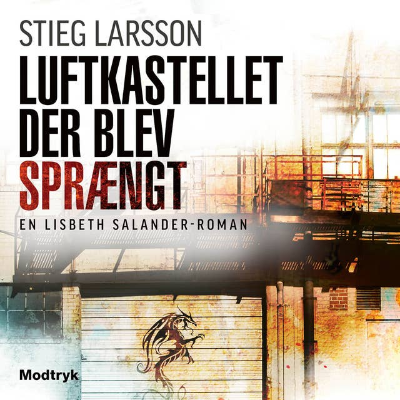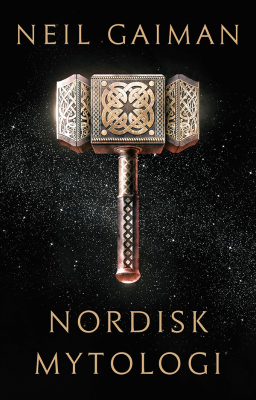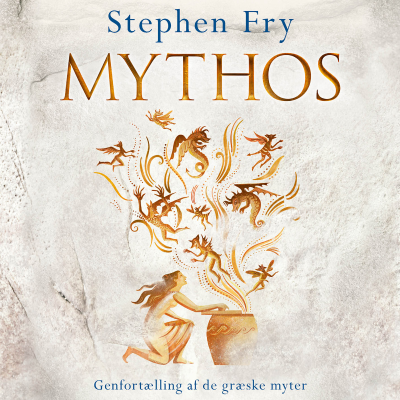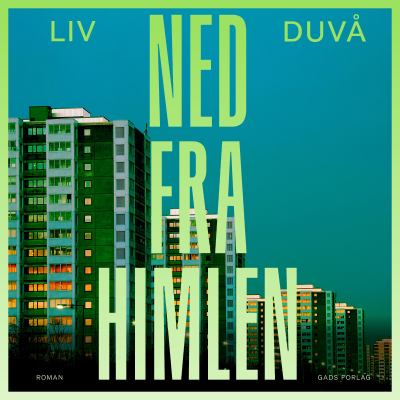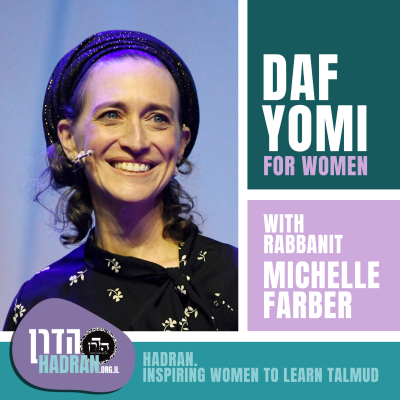
Daf Yomi for Women - Hadran
Podcast af Michelle Cohen Farber
Hadran.org.il is the portal for Daf Yomi studies for women. Hadran.org.il is the first and only site where one can hear a daily Talmud class taught by a woman. The classes are taught in Israel by Rabbanit Michelle Cohen Farber, a graduate of Midreshet Lindenbaum’s scholars program with a BA in Talmud and Tanach from Bar-Ilan University. Michelle has taught Talmud and Halacha at Midreshet Lindenbaum, Pelech high school and MATAN. She lives in Ra’anana with her husband and their five children. Each morning the daf yomi class is delivered via ZOOM and then immediately uploaded and available for podcast and download. Hadran.org.il reaches women who can now have access to a woman’s perspective on the most essential Jewish traditional text. This podcast represents a revolutionary step in advancing women’s Torah study around the globe.
Begrænset tilbud
3 måneder kun 9,00 kr.
Derefter 99,00 kr. / månedIngen binding.
Alle episoder
297 episoderStudy Guide Avodah Zarah 6 [https://hadran.org.il/wp-content/uploads/2025/06/Study-Guide-Avoda-Zara-6.pdf] Today’s daf is sponsored by Yisroel and Masha Rotman in loving memory of Masha’s grandfather, Jacob Maltz, Yaakov Yitzchak ben Moshe Aaron, ztz”l, on his 65th yahrzeit, which was last Thursday. "Although my Zeidie died when I was still a child, I was inspired by the stories of his sacrifices to stay religious at a time when many were leaving the fold. I still remember his smile, radiant with warmth and love." Today’s daf is sponsored by Cliff and Minna Felig in honor of Michelle and Seth Farber on the occasion of their daughter Chani’s marriage in the throes of our war with Iran. When the Mishna mentions "three days before the holiday," does this include the holiday itself (making three days total), or does it refer to three complete days prior to the holiday (with the holiday being additional)? The Gemara brings four sources attempting to prove that the Mishna means three full days before the holiday. While three proofs are rejected, the final one provides conclusive evidence. What underlies this prohibition? Is it because the idol worshipper will thank their gods for their commercial success, and the Jew will have indirectly caused idol worship, thereby transgressing the verse in Shmot 23:13: "Make no mention of names of other gods, they shall not be heard on your lips"? Or is the concern the prohibition against placing a stumbling block before others, as the Jew causes the idol worshipper to engage in idol worship? What is the practical ramification of these different rationales? If someone transgressed and conducted business with a gentile during the prohibited days before their holiday, is it forbidden to benefit from the money or items received? Rabbi Yochanan and Reish Lakish disagree on this issue. Each raises objections against the other's position, and each resolves the difficulties posed against him. A braita is cited supporting Reish Lakish's view that benefiting from such transactions is permitted. Why does the Mishna forbid all the listed activities both when the Jew benefits the non-Jew and when the non-Jew benefits the Jew? What makes each of these cases unique, making it necessary for the Mishna to list them all? Regarding collecting loans from gentiles three days before their holidays, Rabbi Yehuda and the Rabbis disagree in the Mishna about whether this is forbidden or permitted. The Gemara introduces a third position from Rabbi Yehoshua ben Korcha, who distinguishes between oral loans and those documented in writing. Rav Huna ruled in accordance with Rabbi Yehoshua ben Korcha's position.
Reish Lakish explains that if the Jews had not sinned with the golden calf, later generations would not have been born because the Jews would have been transformed into angels. After several objections are raised against this statement, the sages reinterpret his words to mean that the Jews would have become similar to angels in that they would have become immortal, yet still have children. Difficulties are raised against this interpretation as well, but these are resolved. Why is it forbidden to conduct business with gentiles specifically during the three days preceding their holidays? Objections are raised against this three-day restriction by drawing comparisons to Jewish practices before their own holidays. How are these discrepancies resolved?
* For the text of the Hadran ceremony, click here [https://hadran.org.il/wp-content/uploads/2025/06/Hadran-Siyum-ceremony-Shevuot.pdf]. * For more information about What is a Siyum, click here. [https://hadran.org.il/what-is-a-siyum/] Siyum Masechet Shevuot is dedicated by Raquel & Joe Bijou in loving memory of our dearest Grandpa Richard Cohen. Naftali ben Yosef HaKohen. "You always cherished family and valued learning. By completing this masechet, we have accomplished both. We love and miss you deeply, and we hope to continue fulfilling many more mitzvot in your memory." If one watches an item belonging to another (shomer), there are different levels of responsibility, depending on whether the shomer was paid/not paid or one borrowed or rented an object. When a shomer takes a false oath regarding the item, if the lie either didn't change the level of responsibility or created an obligation instead of providing an exemption, then there is no liability since there were no financial repercussions from the lie. However, even though one is exempt from liability for an oath concerning a deposit, Rav rules that the person is still liable for an oath of expression. Shmuel disagrees. What is the basis of their debate?
This week's learning is sponsored by Robert and Paula Cohen in loving memory of Chaim Avraham HaKohen ben Alter Gershon HaKohen. Various statements are brought regarding differences between the way God relates to Jews and non-Jews, and particularly that God punishes the Jews in small doses to enable them to get their reward in the World-to-Come.
* Avodah Zarah Bookmark [https://hadran.org.il/wp-content/uploads/2025/06/Avodah-Zarah-Bookmark.pdf] Masechet Avodah Zarah is sponsored by the Talmud class of Congregation Beth Jacob in Redwood City, CA in honor of the staff of Hadran who make learning possible. "Pirkei Avot 1:6 teaches us עֲשֵׂה לְךָ רַב, וּקְנֵה לְךָ חָבֵר, make for yourself a Rav, and acquire for yourself a companion. We are blessed to have Rabbanit Michelle Farber as our extraordinary teacher, and we- Leslie, Joe, David, Sue, Helen, Batya, Adam, Alana, and Bill- are blessed to have the companionship of our learning." Today's daf is sponsored by Rabbi Lisa Malik & Prof. Adi Wyner in honor of the upcoming wedding of their daughter, Eva Wyner, who was just promoted to Director of Jewish Affairs for the State of NY in Governor Hochul’s Executive Chamber. And in honor of their future son-in-law, Reuven Rosen, who just graduated with honors from Rutgers’ MD/ Ph.D. program and who will be starting his medical residency at NYU. The Mishna says that all types of business dealings with idol worshippers are forbidden three days before their holidays. Rav and Shmuel discuss the spelling of the word used for holidays - "eidaihem" - is it with an aleph or ayin? From which verse in the Torah is the meaning of the term derived from, according to each opinion? One of the verses mentioned is the basis of a long aggada about the nations coming before God in the World-to-Come, looking to get rewarded. God reprimands them for never having kept the Torah. Various claims are made by the nations trying to justify why they didn't keep the Torah.
Begrænset tilbud
3 måneder kun 9,00 kr.
Derefter 99,00 kr. / månedIngen binding.
Eksklusive podcasts
Uden reklamer
Gratis podcasts
Lydbøger
20 timer / måned










